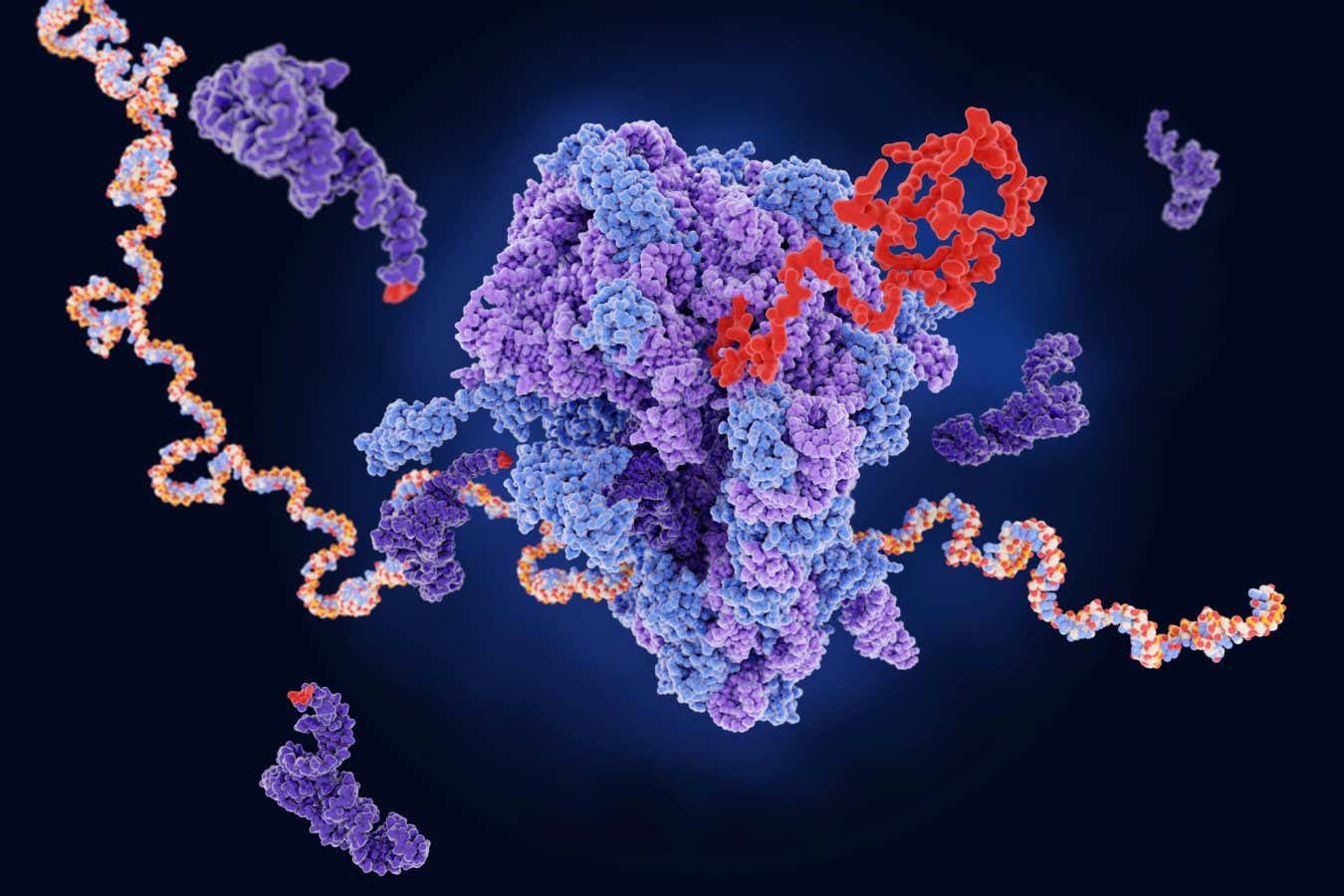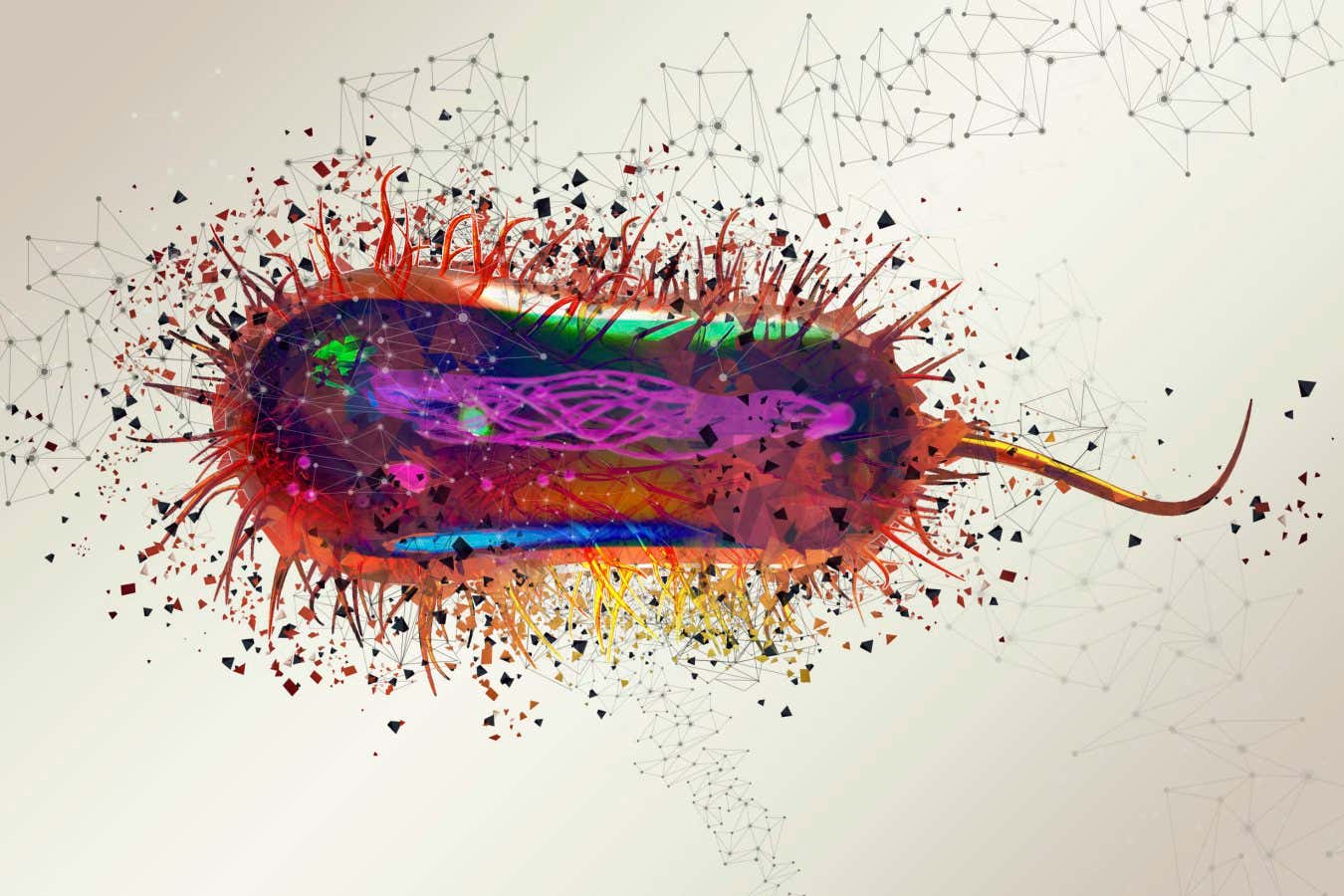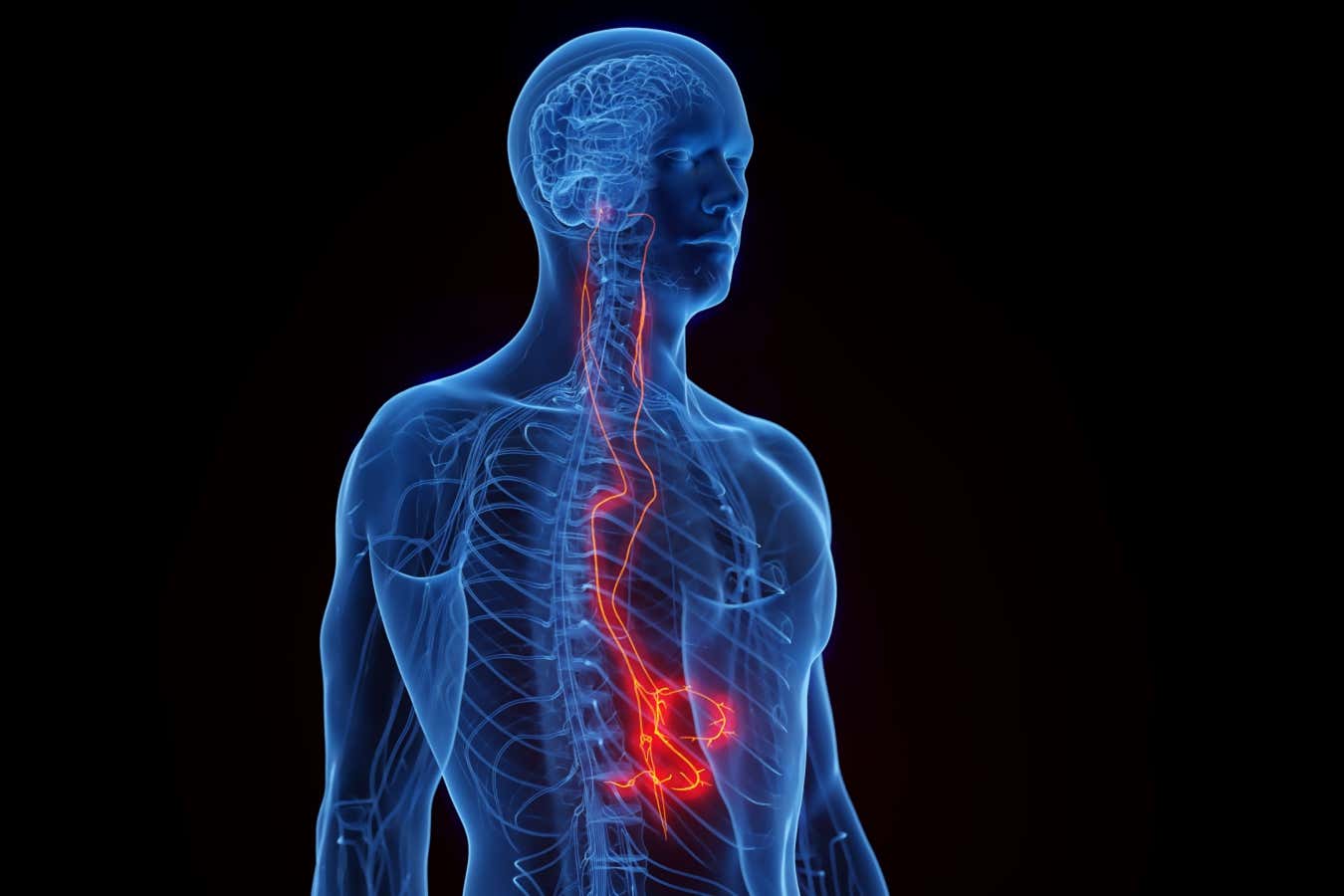Now Reading: Brain Aging Linked to Decline in Protein Production
-
01
Brain Aging Linked to Decline in Protein Production
Brain Aging Linked to Decline in Protein Production

Rapid Summary
- Researchers studying freshwater killifish brains have linked ageing to the stalling of ribosomes during protein production.
- Ribosomes, which make proteins from mRNA recipes, tend to stall on codons encoding arginine and lysine in aged killifish brains.
- This stalling affects DNA-binding and RNA-binding proteins, critical for functions like RNA splicing and DNA repair.
- The stalling of ribosomes leads to reduced ribosomal production and less overall protein synthesis, creating a vicious cycle of decline affecting cellular processes tied to ageing.
- Ribosomal stalling causes chronic inflammatory responses in killifish brains-a known contributor to brain ageing.
- Similar RNA-binding protein deficiencies have been observed in human neurons during ageing, but it’s unclear if the same ribosomal mechanisms occur in humans.
- Experimental drugs targeting these pathways may potentially combat inflammation-related brain ageing but are not yet proven effective for extending lifespan or applicable across organs.
indian Opinion Analysis
The findings underscore the intricate links between molecular dysfunctions and age-related cognitive decay-an area relevant globally as populations age, including India’s ample elderly demographic projected to grow further due to increasing life expectancy. While experimental interventions hold promise for mitigating impacts such as chronic inflammation implicated in conditions like Alzheimer’s Disease, translating these results from fish models into human applications remains uncertain at this stage.
India’s public health systems could benefit from focussing resources on research partnerships exploring cellular-level drivers of neurodegeneration while simultaneously scaling up infrastructure dedicated towards managing long-term geriatric care needs arising from such insights.


























